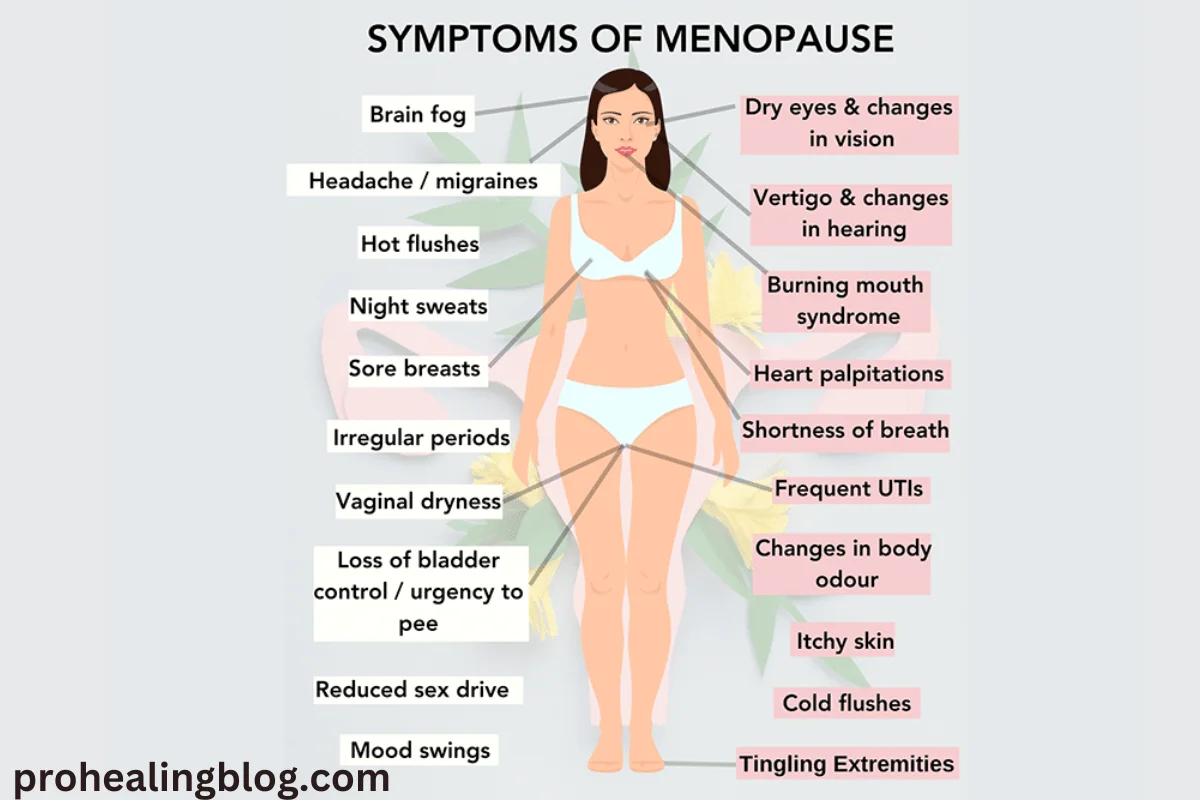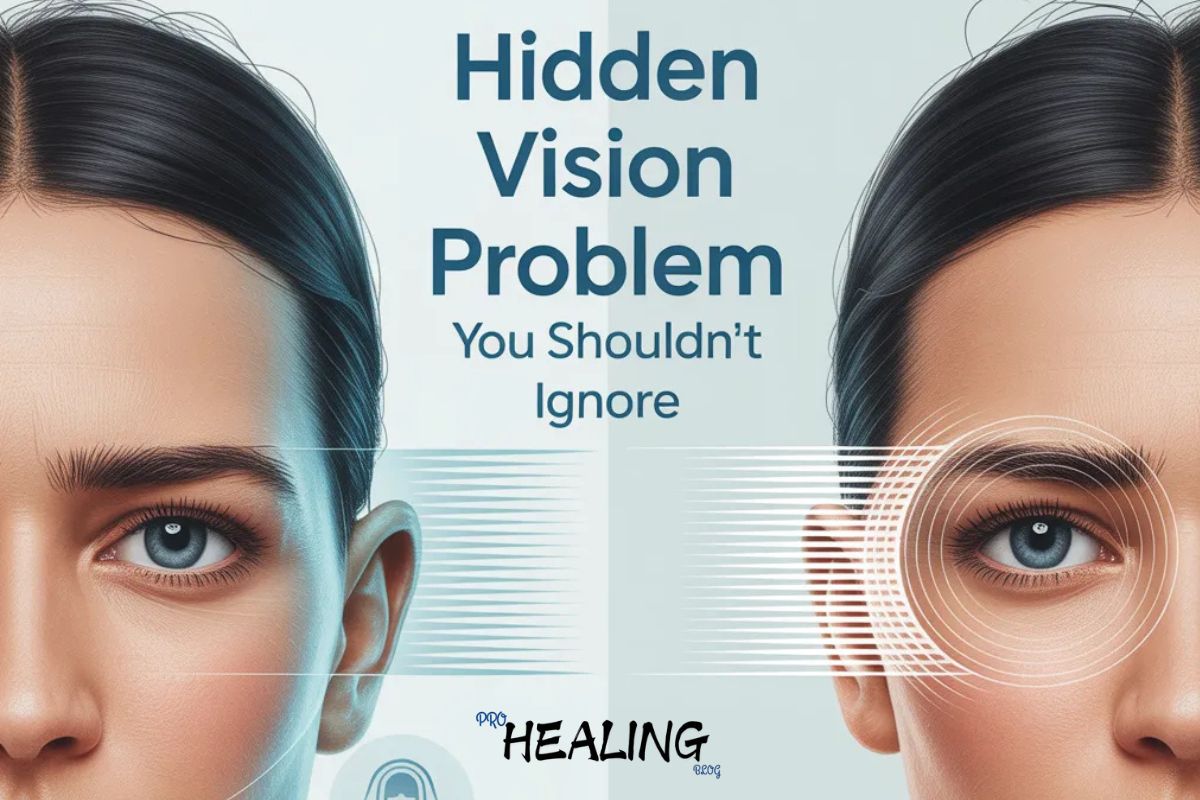Hot flashes. Mood swings. Sleepless nights. If you’re experiencing these, you might be going through menopause. But here’s the thing: menopause isn’t just a phase—it’s a significant life transition that affects every woman differently. Did you know that over 1 million women in the U.S. enter menopause each year? Yet, many still feel unprepared for the physical and emotional changes it brings. This article will help you to understand menopause symptoms.
Menopause symptoms can range from mildly annoying to downright debilitating. But the good news? You don’t have to suffer in silence. In this article, we’ll explore the most common menopause symptoms, why they happen, and—most importantly—how to manage them effectively. Whether you’re just starting to notice changes or are deep in the throes of menopause, this guide is here to help. Let’s dive in!
See Also: Warning Signs of Mold Toxicity: Protect Your Health Today
What is Menopause?
Menopause is a natural biological process that marks the end of a woman’s menstrual cycles. It’s officially diagnosed after 12 consecutive months without a period. While the average age for menopause is 51, it can happen anytime between your 40s and 60s.
Menopause is divided into three stages:
- Perimenopause: The transitional phase leading up to menopause, where symptoms often begin.
- Menopause: The point when you’ve gone 12 months without a period.
- Postmenopause: The years following menopause, where symptoms may ease but long-term health risks (like osteoporosis) increase.
Common Menopause Symptoms
1. Hot Flashes and Night Sweats
- What It Feels Like: Sudden warmth, flushing, and sweating, often at night.
- Why It Happens: Hormonal changes affect your body’s temperature regulation.
2. Mood Swings and Irritability
- What It Feels Like: Unexplained sadness, anxiety, or irritability.
- Why It Happens: Fluctuating estrogen levels impact neurotransmitters like serotonin.
3. Sleep Problems
- What It Feels Like: Difficulty falling or staying asleep, often due to night sweats.
- Why It Happens: Hormonal changes disrupt your sleep cycle.
4. Vaginal Dryness
- What It Feels Like: Discomfort, itching, or pain during intercourse.
- Why It Happens: Lower estrogen levels reduce vaginal lubrication.
5. Weight Gain
- What It Feels Like: Extra pounds, especially around the abdomen.
- Why It Happens: Slower metabolism and hormonal changes.
6. Memory Issues
- What It Feels Like: Forgetfulness or difficulty concentrating.
- Why It Happens: Hormonal fluctuations affect brain function.
See Also: Femcels: Understanding the Health Perspective
How to Manage Menopause Symptoms
1. Lifestyle Changes
- Exercise Regularly: Aim for 30 minutes of moderate activity most days.
- Eat a Balanced Diet: Focus on whole foods, lean proteins, and healthy fats.
- Stay Hydrated: Drink plenty of water to combat dryness and bloating.
2. Medical Treatments
- Hormone Replacement Therapy (HRT): Replaces estrogen to alleviate symptoms.
- Non-Hormonal Medications: Antidepressants or gabapentin for mood swings and hot flashes.
3. Natural Remedies
- Black Cohosh: May reduce hot flashes and mood swings.
- Soy Isoflavones: Plant-based compounds that mimic estrogen.
- Mindfulness and Yoga: Reduce stress and improve sleep quality.
Tracking Menopause Symptoms
Keeping a symptom diary can help you and your healthcare provider identify patterns and triggers. Here’s how to get started:
- Note the Date and Time: Record when symptoms occur.
- Describe the Symptom: Be specific about what you’re feeling.
- Rate the Severity: Use a scale of 1 to 10.
- Track Triggers: Note any potential triggers, like caffeine or stress.
Frequently Asked Questions
1. How Long Do Menopause Symptoms Last?
- Symptoms can last anywhere from a few months to over a decade, with an average of 4-5 years.
2. Can Menopause Cause Depression?
- Yes, hormonal changes can increase the risk of depression. Seek help if you’re struggling.
3. What’s the Difference Between Perimenopause and Menopause?
- Perimenopause is the transitional phase with irregular periods and symptoms. Menopause begins after 12 months without a period.
4. Are There Foods That Help with Menopause Symptoms?
- Yes! Foods rich in phytoestrogens (like soy and flaxseeds) and calcium (like dairy and leafy greens) can help.
Final Thoughts
Menopause is a natural part of life, but that doesn’t mean you have to endure it without support. By understanding your symptoms and exploring effective management strategies, you can navigate this transition with confidence and grace.
Remember, you’re not alone. Millions of women are going through the same journey. If you found this guide helpful, share it with others who might benefit. Together, we can make menopause a little easier to handle.
See Also: Neuroplasty: Understanding the Procedure, Benefits, and Applications






